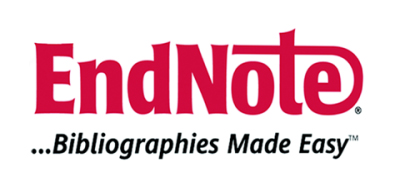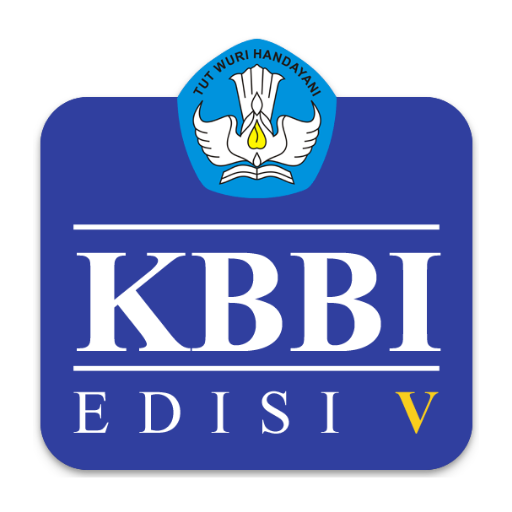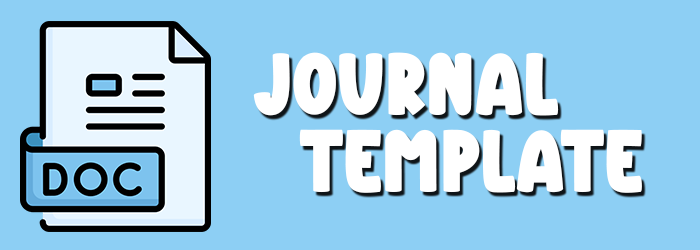 |
|---|
|
|
 |
 |
 |
 |
PUBLICATION ETHICS
ETIKA PUBLIKASI
Jurnal Syar'ie dalam hal etika publikasi mengikuti pedoman yang ditetapkan oleh Komite Etika Publikasi (Committee on Publication Ethics - COPE -). Jurnal Syar'ie menetapkan standar etika tinggi yang ditujukan pada Editor, Reviewer, dan Penulis. Standar etika tinggi tersebut menyangkut tiga aspek, berikut; 1) Netralitas, yaitu bebas dari benturan kepentingan, 2) Keadilan, yaitu pemberian hak pencipta, dan 3) Kejujuran yaitu bebas dari duplikasi, fabrikasi, pemalsuan, dan plagiarisme.
Pernyataan berikut ini menjelaskan perilaku etis dari semua pihak yang terlibat dalam penerbitan artikel di jurnal Syar'ie. Pernyataan ini didasarkan pada Pedoman Praktik Terbaik COPE untuk Editor Jurnal. Secara rinci, berikut aturan dan tanggung jawab penerbit, editor, reviewer, dan penulis.
Untuk Editor
- Pihak Redaksi harus memastikan penulis mengikuti template penulisan dalam Jurnal Syar'ie. Penerbit tidak berhak mengganggu keutuhan makalah dan hanya bertanggung jawab menerbitkan secara berkala dan tepat waktu.
- Editor dapat berkomunikasi dengan Manajer Jurnal, Editor, dan Reviewer lainnya dalam mengambil keputusan akhir.
- Editor harus memberikan penilaian naskah secara obyektif tanpa melihat aspek kebangsaan, etnis, afiliasi politik, suku, ras, agama, gender, senioritas, atau afiliasi kelembagaan penulis.
- Editor harus menolak penugasan ketika ada kemungkinan konflik kepentingan.
- Editor harus memastikan bahwa naskah yang dikirim ke reviewer tidak memuat informasi tentang penulis, begitu pula sebaliknya
- Keputusan redaksi harus disampaikan kepada penulis bersama tanggapan reviewer, kecuali tanggapan yang bersifat pribadi atau mencemarkan nama baik.
- Editor harus menghormati permintaan dari penulis yang menolak individu untuk mengevaluasi naskah karena alasan yang tidak dapat diterima.
- Apabila editor menemukan atau mencurigai adanya pelanggaran penulisan tindakan dan konflik kepenulisan, maka editor dapat mengikuti pedoman pada diagram alur dalam menyelesaikan konflik kepengarangan COPE.
- Editor dan seluruh staf harus menjamin kerahasiaan seluruh naskah yang diterima.
Untuk Reviewer/Peninjau
- Reviewer diminta memberikan penilaian terhadap substansi naskah sesuai dengan fokus dan ruang lingkup jurnal serta memberikan rekomendasi penilaian.
- Reviewer diminta memberikan komentar terhadap naskah, jika diduga menemukan kesalahan prosedur penulisan, penerbitan, dan etika penerbitan.
- Reviewer dapat menyelesaikan pekerjaan pada waktu yang telah ditentukan dan memberikan informasi kepada redaksi apabila tidak mampu memenuhi batas waktu yang ditentukan.
- Reviewer harus dapat merahasiakan naskah penulis.
- Reviewer tidak boleh menerima naskah untuk dinilai, jika terdapat potensi konflik kepentingan, baik secara individu maupun kolaboratif dengan institusi mana pun.
- Reviewer hendaknya meminta pertimbangan kepada editor mengenai kesamaan substansi atau tumpang tindih antara naskah yang sedang dipertimbangkan atau naskah yang diterbitkan memiliki kesamaan dengan penulis lainnya.
- Informasi atau ide penting yang diperoleh melalui tinjauan sejawat harus dijaga kerahasiaannya dan tidak digunakan untuk keuntungan pribadi.
Untuk Penulis
- Penulis harus memastikan bahwa naskahnya asli dan bukan plagiarisme.
- Penulis harus memastikan bahwa naskahnya belum pernah diterbitkan sebelumnya dan tidak pernah menyerahkan hak atas artikelnya kepada pihak lain.
- Penulis memastikan bahwa naskah yang dikirim merupakan karya sendiri dan mengikuti aturan baku sesuai dengan format kutipan referensi yang sesuai.
- Penulis harus memastikan tidak melakukan plagiarisme terhadap naskah orang lain maupun self-plagiarism.
- Penulis harus mengikuti prosedur yang ditetapkan Jurnal Syar'ie.
- Penulis tidak mengirimkan naskah beserta topik dan judul yang sama ke jurnal lain.
- Penulis hendaknya dapat memberikan informasi dan membuat data penelitian terkait secara detail ketika editor menemukan adanya dugaan keraguan atau pemalsuan atau plagiarisme pada naskah.
- Apabila penulis menemukan adanya kesalahan atau ketidakakuratan yang mempengaruhi naskah yang telah dikirimkan, penulis harus segera memberitahukan kepada redaksi untuk segera mencabut penulisan naskah dan perbaikannya.
- Penulis tidak diperbolehkan menarik artikel yang sedang direview oleh reviewer sebelum dikembalikan oleh reviewer kepada editor.




2.png)

